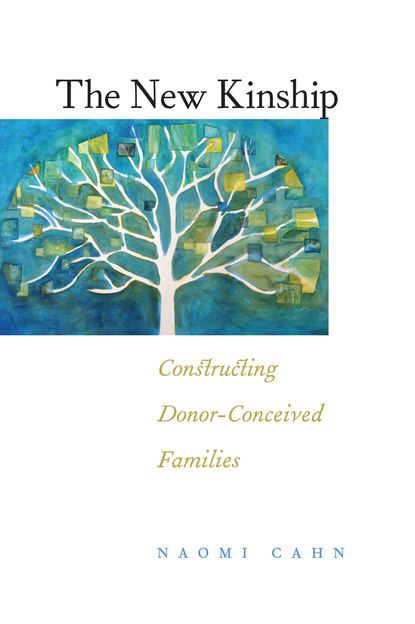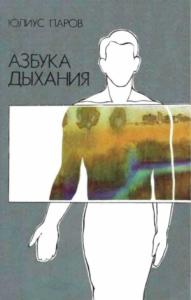
The New Kinship скачать fb2
Naomi R. Cahn - The New Kinship краткое содержание
No federal law in the United States requires that egg or sperm donors or recipients exchange any information with the offspring that result from the donation. Donors typically enter into contracts with fertility clinics or sperm banks which promise them anonymity. The parents may know thedonor’s hair color, height, IQ, college, and profession; they may even have heard the donor’s voice. But they don’t know the donor’s name, medical history, or other information that might play a key role in a child’s development. And, until recently, donor-conceived offspring typically didn’t know that one of their biological parents was a donor. But the secrecy surrounding the use of donor eggs and sperm is changing. And as it does, increasing numbers of parents and donor-conceived offspring are searching for others who share the same biological heritage. When donors, recipients, and “donor kids” find each other, they create new forms of families that exist outside of the law. The New Kinship details how families are made and how bonds are created between families in the brave new world of reproductive technology. Naomi Cahn, a nationally-recognized expert on reproductive technology and the law, shows how these new kinship bonds dramatically exemplify the ongoing cultural change in how we think about family. The issues Cahn explores in this book will resonate with anyone—and everyone—who has struggled with questions of how to define themselves in connection with their own biological, legal, or social families.
Скачать книгу «The New Kinship» Naomi R. Cahn
Чтобы оставить свою оценку и/или комментарий, Вам нужно войти под своей учетной записью или зарегистрироваться



